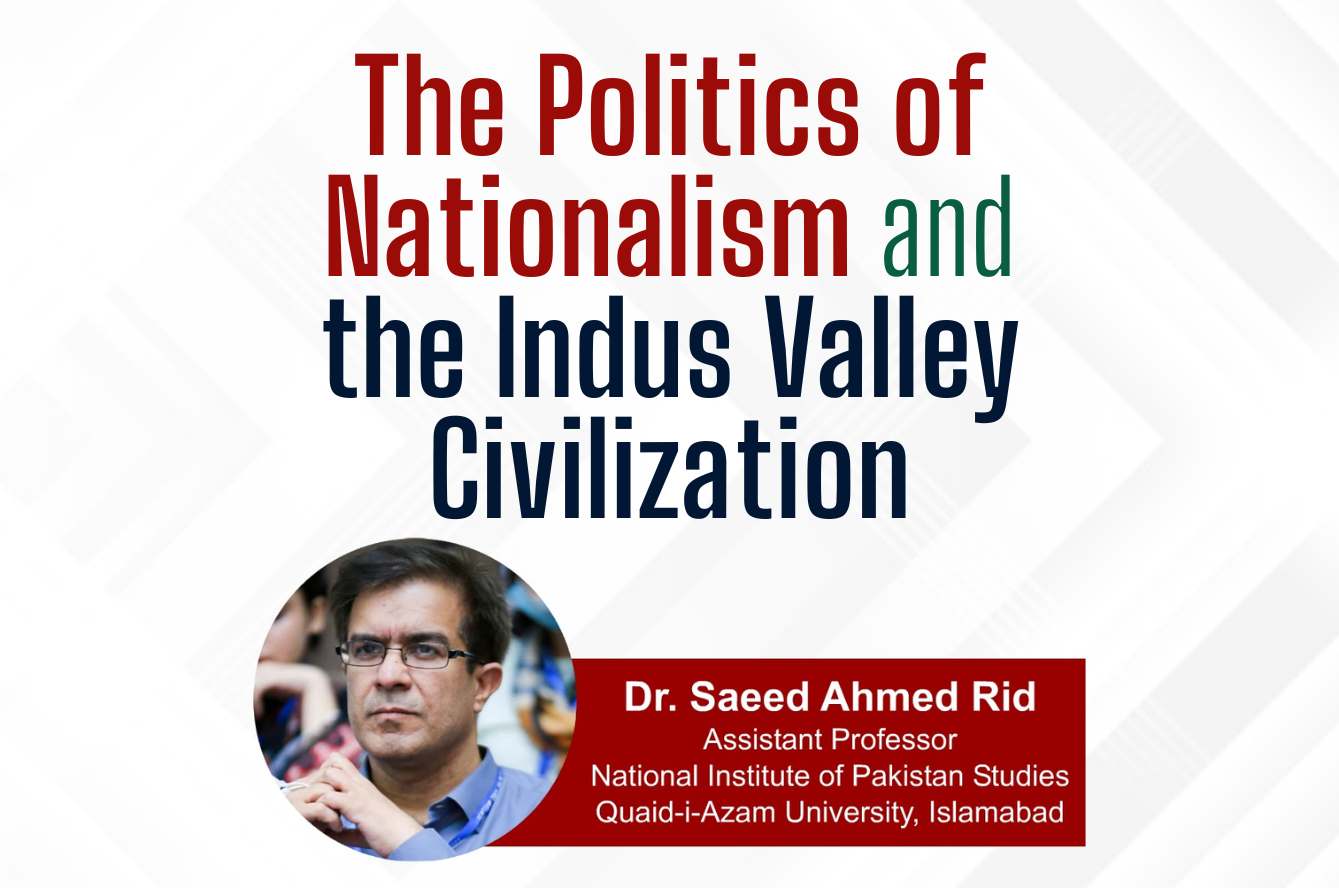
The Politics of Nationalism and the Indus Valley Civilization
Anthony D. Smith (1981) says nations are historical actors because ‘an historic territory’ and ‘historical memories’ are the fundamental features of national identity. Therefore, for both India and Pakistan the Bronze Age, Indus Valley Civilization (IVC) which is the oldest urban civilization; plays a very important role in construction of a national identity. After partition of India in 1947, almost all major archeological sites of the Indus Valley Civilization including Mohan-jo-Daro, Harappa, Taxila, Mehrgarh, Kot Diji and Rehman Dheri were located in West Pakistan. Therefore, in India a nation-serving archeology department was developed to find new sites in valley of Ghaghar, (identified in rig Vedic literature as Sarasvati River) and by 1990s some 14000 new sites were discovered (Kumar, 2020 and Etter, 2020). These sites were meant to give credence to the politics of secularism and cultural unity of India but with the rise of Bhartya Janata Party (BJP)’s Hindutva politics, these archeological sites are now used to prove the Aryans and not Dravidians are the indigenous citizens of ancient Indus Valley Civilization (Etter, 2020). On the other hand, for a new nation, Pakistan which was created in the name of Islam it was even more difficult task to create a link with more than 5000 years old pre-Islamic civilization. Sir Mortimer Wheeler, as an archeological advisor (1948-50) of the Pakistan government wrote first official history of Pakistan, Five Thousand Years of Pakistan: An Archaeological Outline (1950) showing the territory of West Pakistan historically existed since fifty thousand years as a distinct integrated geographical unit from the Indo-Gangetic plains of India. Since then good amount of literature is produced on same lines, among them A.H. Dani (1975), Sibte Hassan (1989) and Aitzaz Ahsan (1997) were more authoritative works. In this paper an attempt shall be made to understand how archeological studies of the Indus Valley civilization construct the nationalist narratives in India and Pakistan.
About the speaker:
Dr. Saeed Ahmed Rid is Assistant Professor at National Institute of Pakistan Studies in Quaid-i-Azam University, Islamabad. He was a Visiting Fellow at South Asian Studies, School of Interdisciplinary Area Studies, University of Oxford, UK, from October 2017 to August 2018. He did his PhD in Peace Studies department from the University of Bradford, UK as a Commonwealth Scholar. Mr. Rid also won Rotary World Peace Fellowship (2004-06) for his double master’s in political science and International and Area Studies at the University of California Berkeley, USA. He has read research papers in various international and national conferences and has published five books/monographs and more than twenty research articles in reputed national and international journals on history, democracy, federalism, nationalism, ethnicity, local-self-governance and India-Pakistan relations.
This session is free and open to all. Just visit the venue to attend it.
The Black Hole
Plot 5H, Street 100, G-11/3, Islamabad.
Click here for Google Maps Location